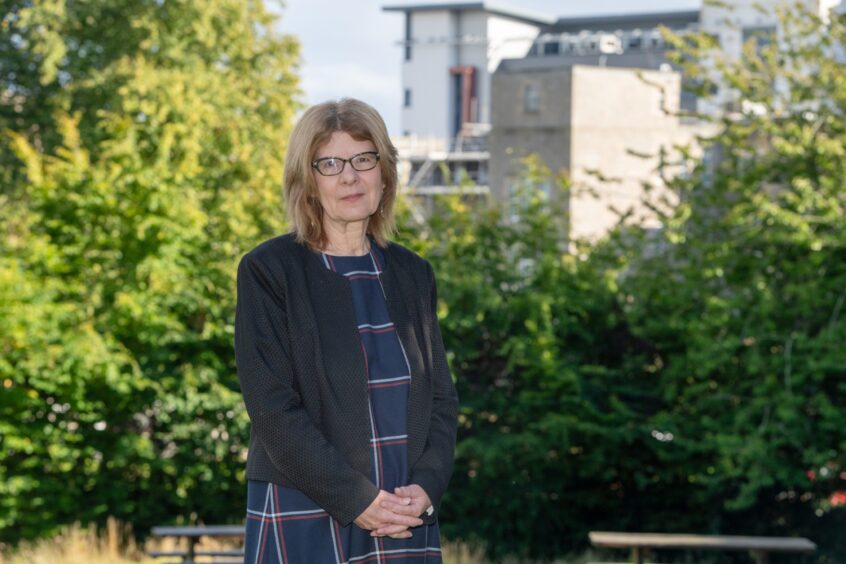NHS Grampian bosses have stood by their shock decision to declare a critical incident at Aberdeen Royal Infirmary, claiming that sending ambulances elsewhere was “absolutely the right thing to do”.
When the hospital’s ongoing crisis reached breaking point at the end of November, the doors were closed to all but the most seriously stricken patients.
Some ambulances were diverted more than 100 miles away to Raigmore in Inverness or 70 miles to Ninewells in Dundee.
A number of operations that were due to be held at the time were called off – but have since been rescheduled.
NHS Grampian chief executive Adam Coldwells has stressed that calling the incident was “absolutely the right thing to do”.
However, there was a warning that the factors behind the dire situation are “becoming more common” – raising the prospect that it could happen again.
NHS Grampian boss sorry for disruption to patients
Addressing the NHS Grampian board this morning, he gave members an update on the situation.
“In events like this, people who have life-threatening conditions will be prioritised and treated locally, and that absolutely worked well,” he revealed.
“There was disruption for people and my apologies for anyone who was directly affected through that,” he added.
“Overall, the critical incident was absolutely the right thing to do and has allowed us to regain that sense of flow through the hospital that we needed at that time.”
Mr Coldwells also hailed the “tremendous collective response” from neighbouring health boards, the Scottish Ambulance Service and the Health and Social Care Partnership.
He stated that their efforts enabled NHS Grampian to “move quickly through a very challenging period of time”.
What led to the critical incident?
The chief executive was asked why the incident was called, with Mr Coldwells revealing it became “obvious” due to four reasons.
He said the “trigger” was pulled at ARI due to delayed discharges, a high number of admissions and the urgency of them.
Mr Coldwells added: “Those [levels] reached at ARI were unmanageable without putting in place some different actions.
“We reached a trigger that became obvious for us to respond to.”
Lessons to be learned
Board member Hussain Patwa expected there to be a “deep dive” on the incident and NHS Grampian’s response in the weeks to come.
But, he asked Mr Coldwells if he had any immediate reflections on how the situation was handled and if anything could be improved on in the future.
The chief executive said that the results and comments from a “hot debrief” with staff is expected “imminently”.
He added: “There were a number of things for us to learn about how we came together, and things that are probably operational details that we need to pick up for any events in the future.
“We are definitely learning about how we respond and how we do our contingency work so probably things you’d expect from an event like that.”
Public asked to lend a hand
Meanwhile, board chairwoman Alison Evison praised the “herculean efforts” of staff during the “very complex and challenging situation”.
She also warned that “surges” in factors that triggered the incident are “regrettably becoming more commonplace”.
And, Ms Evison urged the public to do their bit to help by collecting relatives or friends being discharged from ARI before midday if possible.
“This makes a huge difference and means we can prepare the bed for another patient without unnecessary delay,” she explained.
Read more:





Conversation